Cast your mind back to 2010. We were in the middle of the recession.
For many families, every food purchase was dictated by price. Climate change was a faraway problem and the idea of a pandemic was incomprehensible.
Panic buying, hour-long supermarket queues and ordering groceries on our phones – such concepts would have seemed ridiculous.
A lot has changed in the last decade and a lot will change in the next.
The future of food is so much more than the avocado on toast trend. It is being driven by real and impactful information.
It is about being more conscious that the food we put in our mouth not only has an impact on our own bodies, it also affects farming, food production and the world around us.
When it comes to making food purchases, sustainability is going to be the number-one driving force in the next decade, especially in light of the most recent report from the Intergovernmental Panel on Climate Change (IPCC).
According to the European Milk Forum (EMF), 61% of Irish consumers want a more sustainable diet.
The word “sustainable” is used so often though and, in so many contexts, it has started to lose meaning. Let’s take it back to basics.
According to the UN Food & Agriculture Organisation (FAO), a sustainable food system is one that “delivers food security and nutrition for all in a way that the economic, social and environmental bases to generate food security and nutrition for future generations are not compromised”.
To put it simply, when we produce food, we need to future-proof every part of that process for our children.
At the same time, the world’s population is set to grow to nearly 10bn by 2050.
We will need to produce more food for more people while simultaneously being kinder to the planet. Therein, lies the challenge.
All too often that challenge falls on the shoulders of farmers. On the back of the IPCC report, Minister for the Environment Eamon Ryan said farmers were the frontline of the climate response.
However, what the research shows is that when farmers and food producers are doing it right, producing food in the most sustainable way they can, consumers want to support them.
The aforementioned 65% of consumers who want to follow a more sustainable diet would be more likely to do so if there was clearer sustainability labelling (55.3%) and increased accessibility (50.6%). Essentially, they want the sustainability switch to be easier.
So while farmers and food producers will be led by legislation when it comes to their contribution towards climate control, it seems those going above and beyond, demonstrating their genuine green credentials, will be the ones who are supportive. Time will tell, as money talks.
Does following a sustainable diet mean we will all be vegans in the future? Unlikely.
What we will see, however, is a more diversified diet. Bord Bia research on the dietary lifestyles of over 18,000 people across nine countries, including Ireland, has highlighted that consumers are taking a more balanced approach to their diets and are purchasing more conscientiously than ever before.
So while consumers may not give up meat, they will acknowledge the production impact on the environment. Instead of eating meat every day, it may be every second day. Instead of mincemeat during the week, they will save their money for a premium fillet steak at the weekend.
The dairy industry is another example of how our diets may diversify. Research by the National Dairy Council (NDC) shows that 39% of consumers have increased their consumption of dairy since the start of the pandemic. Eighty-eight per cent of consumers believe Irish dairy is superior to other countries and 82% want the Irish dairy sector to be successful and supported into the future.
Simultaneously though, another market is also growing. Figures released by Euromonitor International show that other milk alternatives (milk substitutes that are not dairy-based or made from soya) is the fastest growing category in the dairy products and alternatives industry, worth $10bn globally, an increase of 16% in 2020-2021. Non-dairy-based milk substitutes, such as almonds, oats, coconuts and peas, have spurred innovation with the UK market, growing by 69%. Indeed, non-soya-based milk substitutes have increased by 130% over the past five years.
While acknowledging that one source of research is Irish, while the other is European, it is clear that there is growth in both markets.
Speaking about diet diversification, Grace Binchy, consumer insights and trends specialist at Bord Bia, says: “It’s incredibly interesting to see that consumers are moving away from rigid interpretations of diets and specific lifestyles and are leading a global reset towards balanced diets and dietary inclusivity. This is leading consumers back to nature and natural products. For some consumers, it may be as simple as adding different pulses and grains into their diet. Other consumers are looking for more diverse products.”
Some forward-thinking companies in this space include Plantruption, which produces an Irish seaweed burger, and Fungtn in the UK, which has created alcohol-free beer made from mushrooms.
The future of food isn’t just being driven by climate change. The health and wellness sector has seen significant growth in recent years, accelerating massively due to COVID-19.
With our health under threat, we looked towards foods that could aid our defence systems, a form of personal safeguarding. Bord Bia’s Dietary Lifestyle Trends study found 31% of consumers are now consuming vitamins and minerals at least once a day, with boosting immunity the key driver for this behaviour.
A separate IRI innovation report (May to October 2020) found food carrying a nutrient claim grew by 10% and one-third of adults were more likely to buy a food or drink with multiple health benefits.
Avonmore Super Milk with Vitamin D is an Irish example but across the world, food brands are tapping into this trend, enhancing the nutritional benefits of their products.
In the US, Babybel cheese has released Babybel Plus+ Probiotic and Babybel Plus+ Vitamins, one of the first nutraceutical snacking cheeses, while Kellogg’s has launched new cereals containing fibre, prebiotics and probiotics.
In New Zealand, wellness brand Gold Bay Springs developed Bite Me tonic water. It’s an immune-supporting tonic made from Manuka honey, apple cider vinegar and herbs with antibacterial, anti-inflammatory and digestion-boosting qualities.
This move from reactive health to preventative health proves functional foods are going to play an even bigger role in our diet.
The future of food isn’t just about what we eat but how we eat. Our shopping experience is set to become much more personalised thanks to enhanced technology.
American management consultancy firm McKinsey & Company has done a lot of research into what shopping will look like in 2030 and predicts it will be a highly personalised experience.
In the future, there will be two elements to your weekly food shop.
One will be very automated, whether that is online or in-store. Technology will track your habits and gather information.
For example, it will know your family consumes four litres of milk every week and two bags of pasta every month.
Without thinking about it, these items will be added to your online trolley.
This will give you more time and head space to focus on the second element, the pleasurable shopping experience, perusing your local food store for those artisan products you enjoy.
Again, this will be very personalised and when you walk into that shop, the shop assistant will have easily accessible data about your likes and previous purchases so they can really tailor their advice, guiding you to new products that they know you’ll enjoy.
Online shopping is here to stay. Industry researcher IGD predicts that in the UK, online shopping will grow by 21% in the next five years to a value of £26.9bn. And one of the key areas that companies such as Tesco and Co-op are focusing on is the delivery model.
Don’t be surprised to find little robots delivering your food shop in the future. It’s already happening in the UK.
Since the start of the pandemic, Co-op has been rolling out robots to deliver food in the Milton Keyes area. In the US, Amazon Prime has been sending out its Amazon Scout vehicles, similar to a mini-fridge on wheels, to make deliveries. Food shopping is definitely set to get a lot more interesting.
The events of 2020 led to some of the most significant changes in consumer behaviour in recent history.
Food service, as a sector, took one of the biggest hits, with long-term impacts on many business models.
One of the biggest changes is the explosion of ghost kitchens.
Maureen Gahan, food service specialist in Bord Bia, explains: “Although the term “ghost kitchens” sounds sinister, essentially it is a large kitchen without a bricks-and-mortar restaurant beside it. Companies are using them to streamline their production.”
One example is the Press-Up group. Its Dublin restaurants include Elephant & Castle, Wow Burger and Wagamama. They now have a huge site in Blanchardstown to prepare takeaway meals for all their restaurants.
Catering companies are also tapping into this model.
Maureen says: “With many businesses moving forward with a hybrid working model, it will mean less staff on site. Contract caterers are offering a model which may be more sustainable and cost-effective for businesses rather than running a canteen.
“Employees are sent a menu to their phone in the morning and if they’re going to be in the office, they can order their lunch via an app. It is cost-effective and reduces food waste. The food is prepared off site and delivered to the office.”
Compass Group Ireland is just one company which has recently embraced this model, partnering with Copper Pan Kitchen. The food is made in their kitchens in Kingswood and they also have a finishing kitchen in Dublin city centre to ensure the food arrives hot.
Two other pandemic trends which are here to stay are outdoor dining and food trucks. While outdoor dining is weather dependent, we don’t know how long we will be living with COVID-19, and many establishments have invested massively in it.
Food trucks such as the Hungry Donkey in Kerry, Gather and Gather in Bray, the Duck Truck in Monaghan and the Salty Buoy in Dublin have proved that there is so much more to the concept than burgers and chips and this is also predicted to have longevity.
Finally, fine dining will continue to grow in popularity with people continuing to appreciate quality, local ingredients prepared by experienced chefs. Not a robot in sight.
Of course, no one can predict the future. Farming and food production, by its very nature, is unpredictable and often reactive. But consumers will speak with their wallets and the savvy businessperson will watch where they place their dollar.






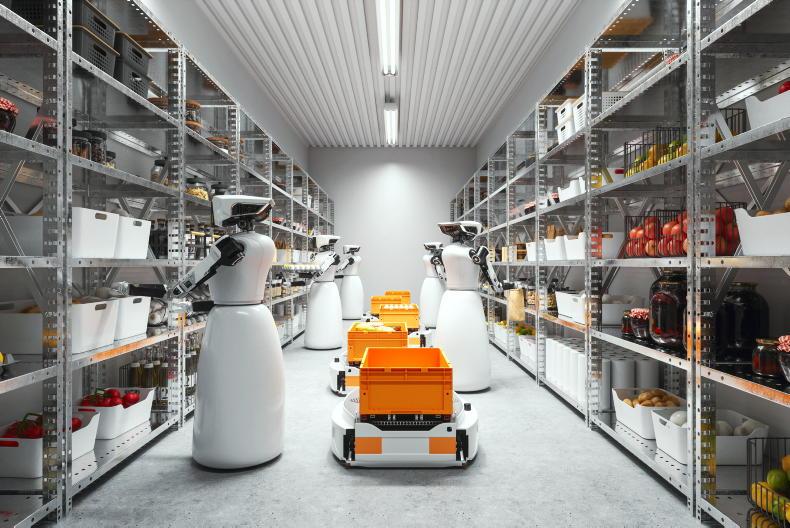
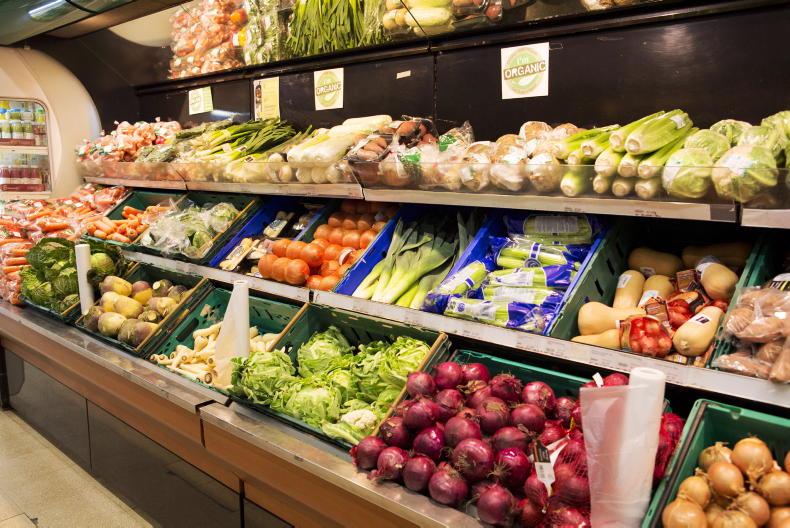

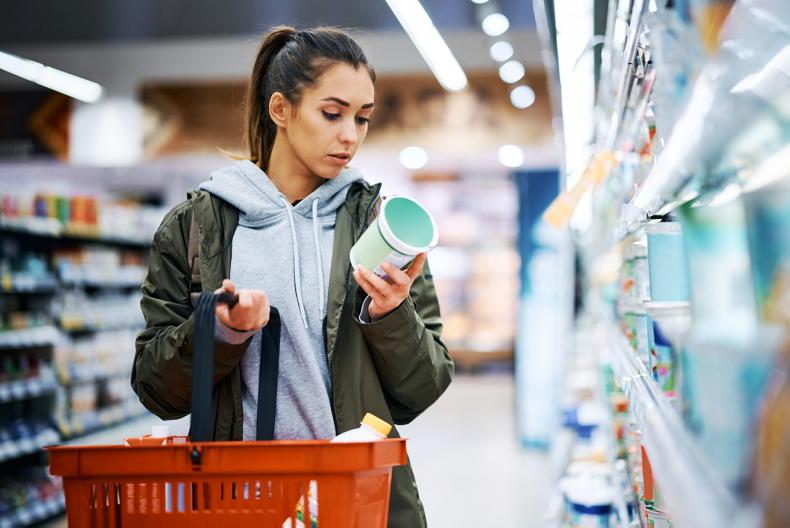
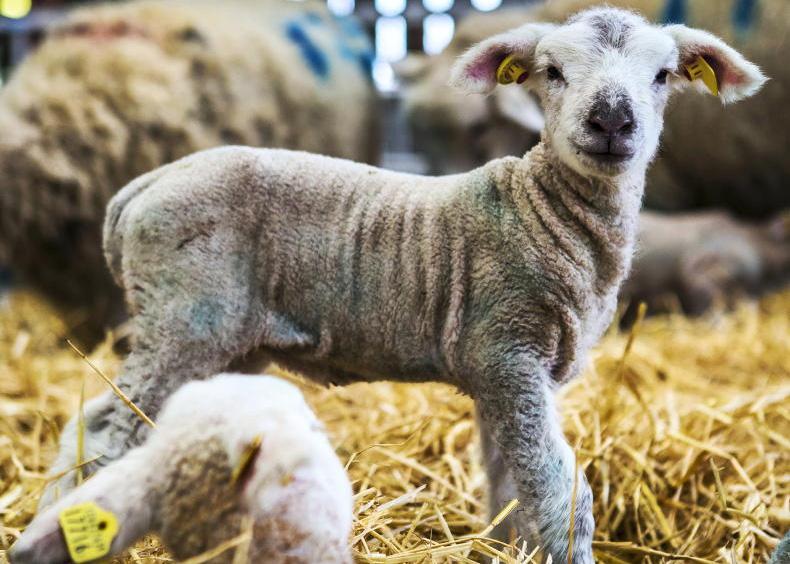
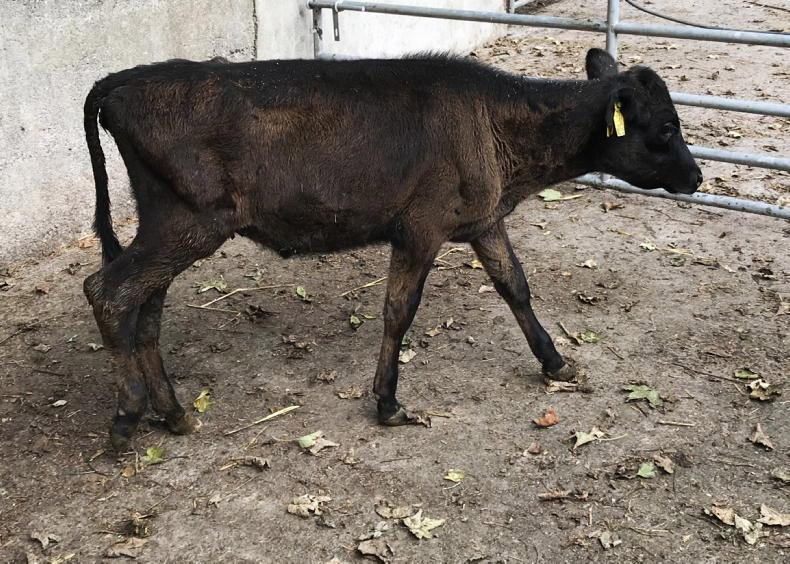
SHARING OPTIONS